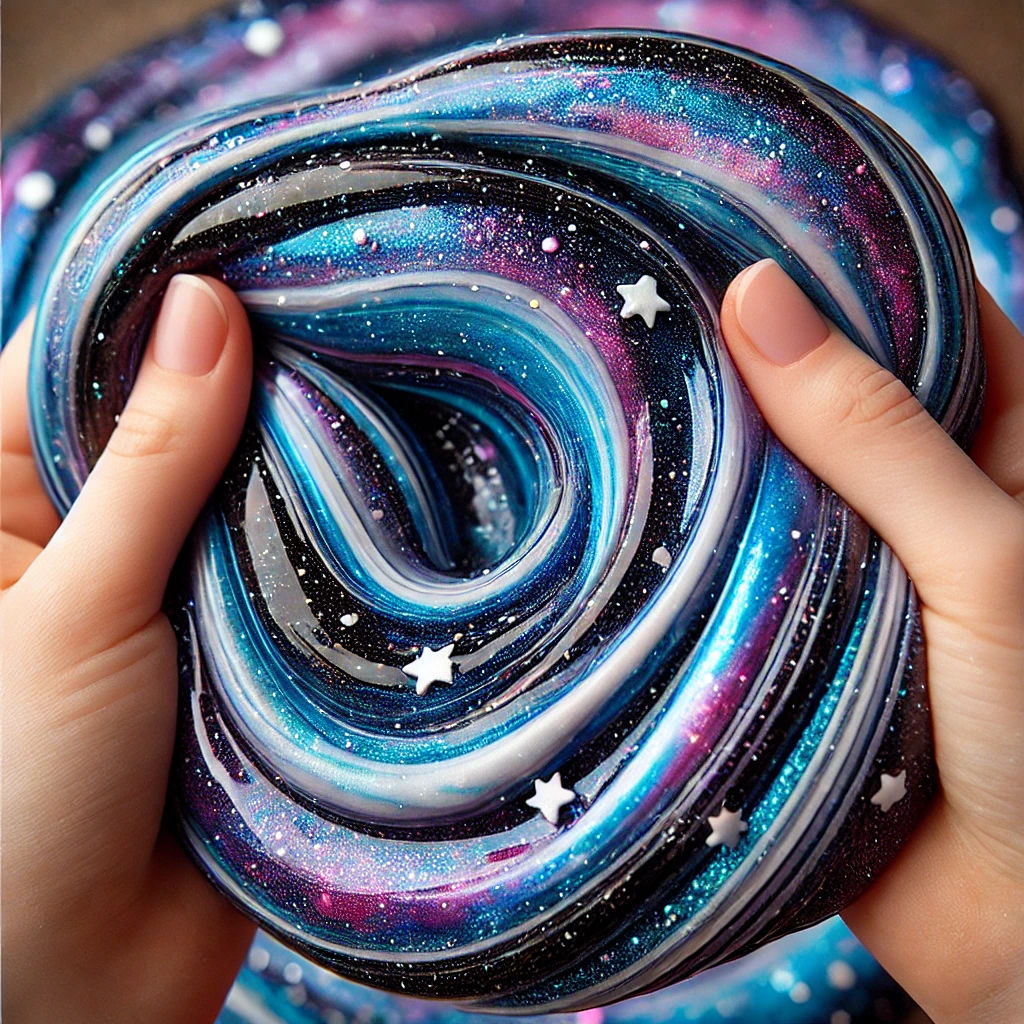Many people use social media to get a quick boost of happiness, but it can also significantly negatively affect their mental health. On the other hand, social media is great for keeping in touch with friends and family, mainly if you live far away from them.
But many people are more connected to their phones than they are to the people around them.
Here Are 7 Tips To Stay Positive In The Digital World
1. Choose Your Audience Carefully
Social media is a great way to share your thoughts and feelings with people who care about you, but it’s also an easy platform for cyber-bullying, guaranteed removals, or just someone being too harsh when they’re mad at you.
This can lead to anxiety over the person that was bullying you in the first place, especially if this person works in a high power position where their words have more weight than what most other people say online. If you’ve been bullied on social media before, remember that it isn’t worth worrying yourself sick over something so trivial.
Take a break from social media until things calm down around them and come back once everyone has moved onto another topic of conversation.
2. Choose Your Influence
Social media can be used to help you expand your network of friends, but it’s also vital to be selective about who you choose to follow online.
Constantly scrolling through images that make you feel insecure is not a productive way to spend your time on social media.
3. Inspire
Only post positive updates yourself so that others aren’t tempted to copy what you’re saying for validation purposes. Just remember that everyone is going through difficult times; some have better ways of coping with stress than others.
4. Resist The Temptation
It is common for people not to resist reading negative comments under their posts online, but it’s important to protect your mental health. If you’re not prepared for negative comments or just don’t feel like seeing them at all, consider changing who can see your posts so that only family members and close friends have access.
A growing number of psychologists have begun to use online platforms as tools for therapy because it allows them to reach out to clients who cannot make it into the office or those who have agoraphobia (an anxiety disorder characterized by fear of open spaces).
Social Media is also a handy tool when looking at research studies because people tend to share what they’re going through, which could be something related to your study topic.
5. Take A Break
Not only can too much time spent on social networking cause feelings of isolation and loneliness, but it can also lead to aggression and depression as well as sleep deprivation due to late-night scrolling sessions (Smyth). Moreover, Various social media outlets tend to affect moods negatively.
6. It’s Not Always As It Seems
Many people experiencing mental health concerns may feel as though others are looking at them differently. However, with the popularization of social media and hashtags like #mentalhealthawareness or #bipolar disorder, it is important to remember that not all illnesses can be spotted by simply glancing at someone.
Sometimes what you see on social networking sites is an exaggerated interpretation of reality; however, this does not mean that everyone should ignore their own struggles with anxiety or depression.
7. Stay In The Real Reality
Social networks open up a platform for discussion, but personal interactions still matter most in order to promote positive self-esteem and well-being among users. However, People must also beware of how much time they spend online and how it affects their mental health.


